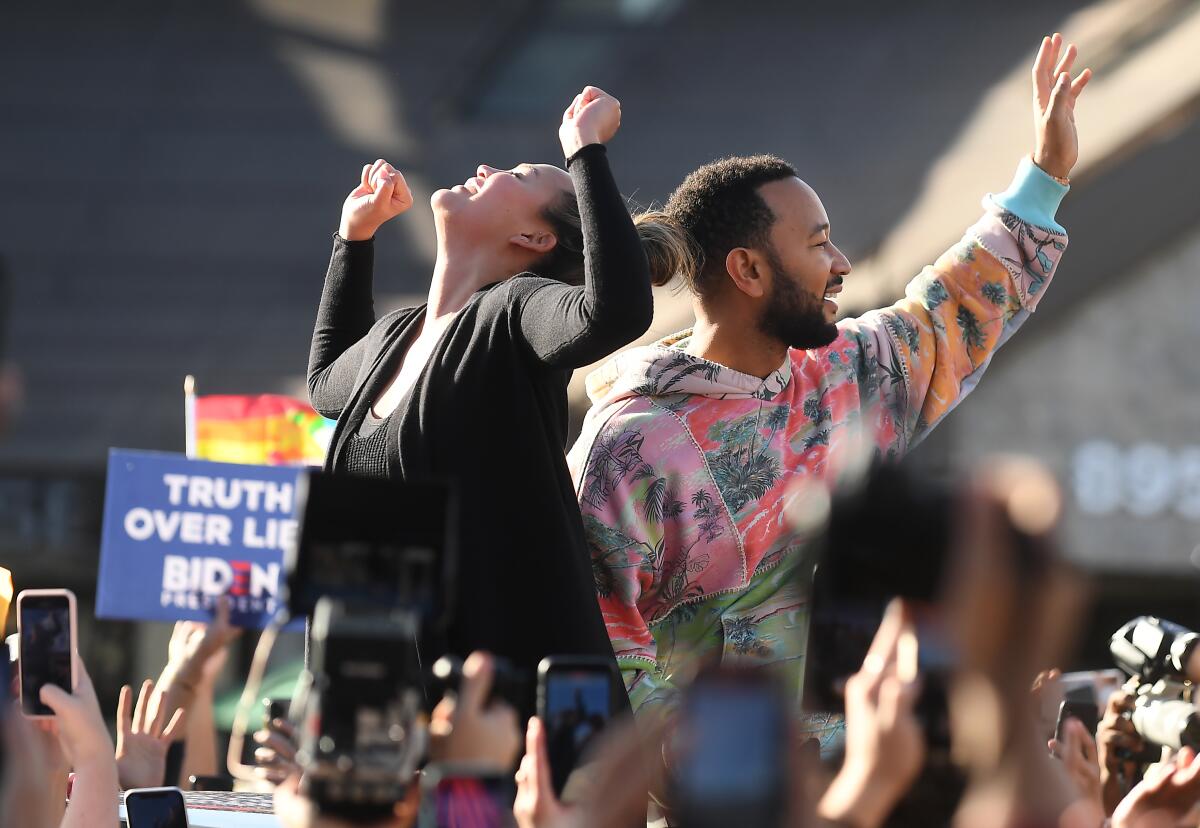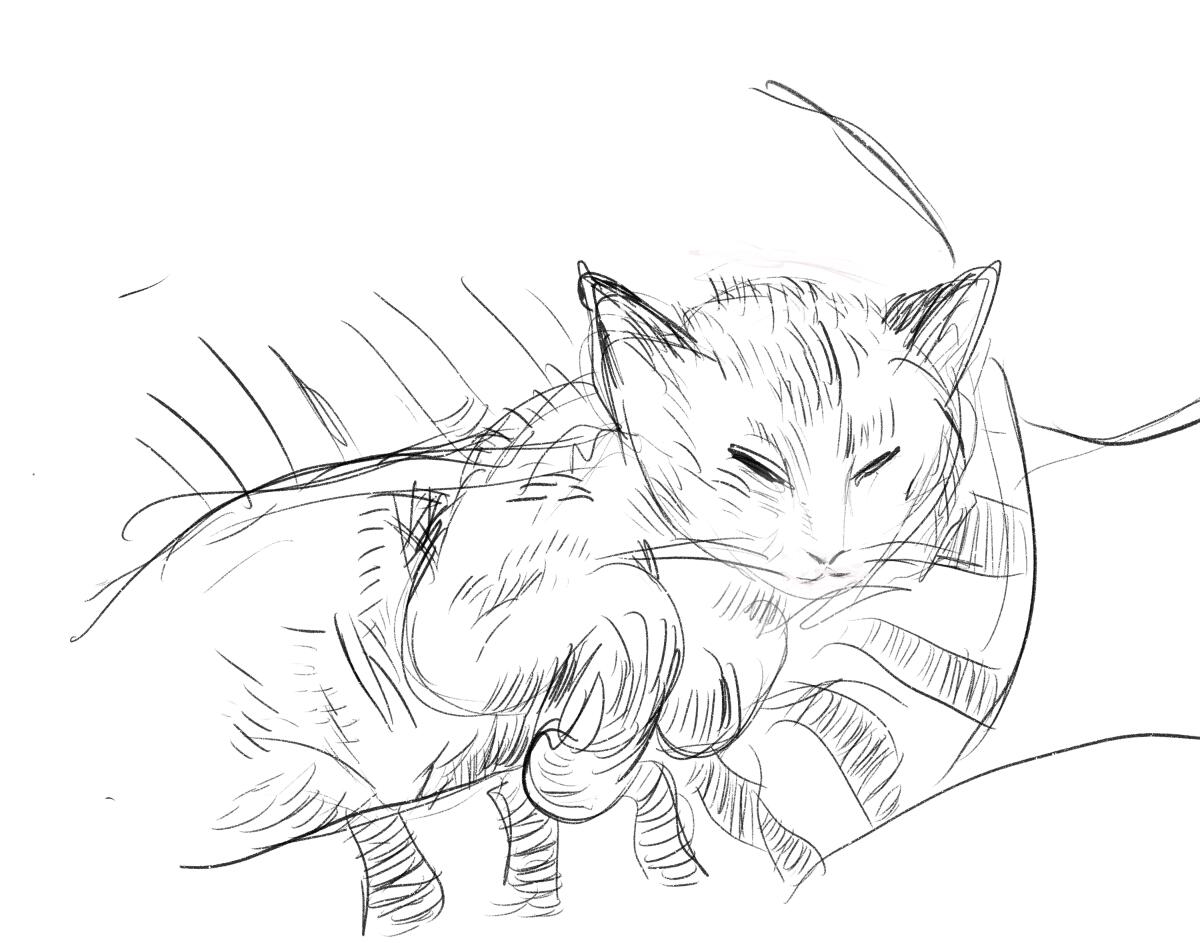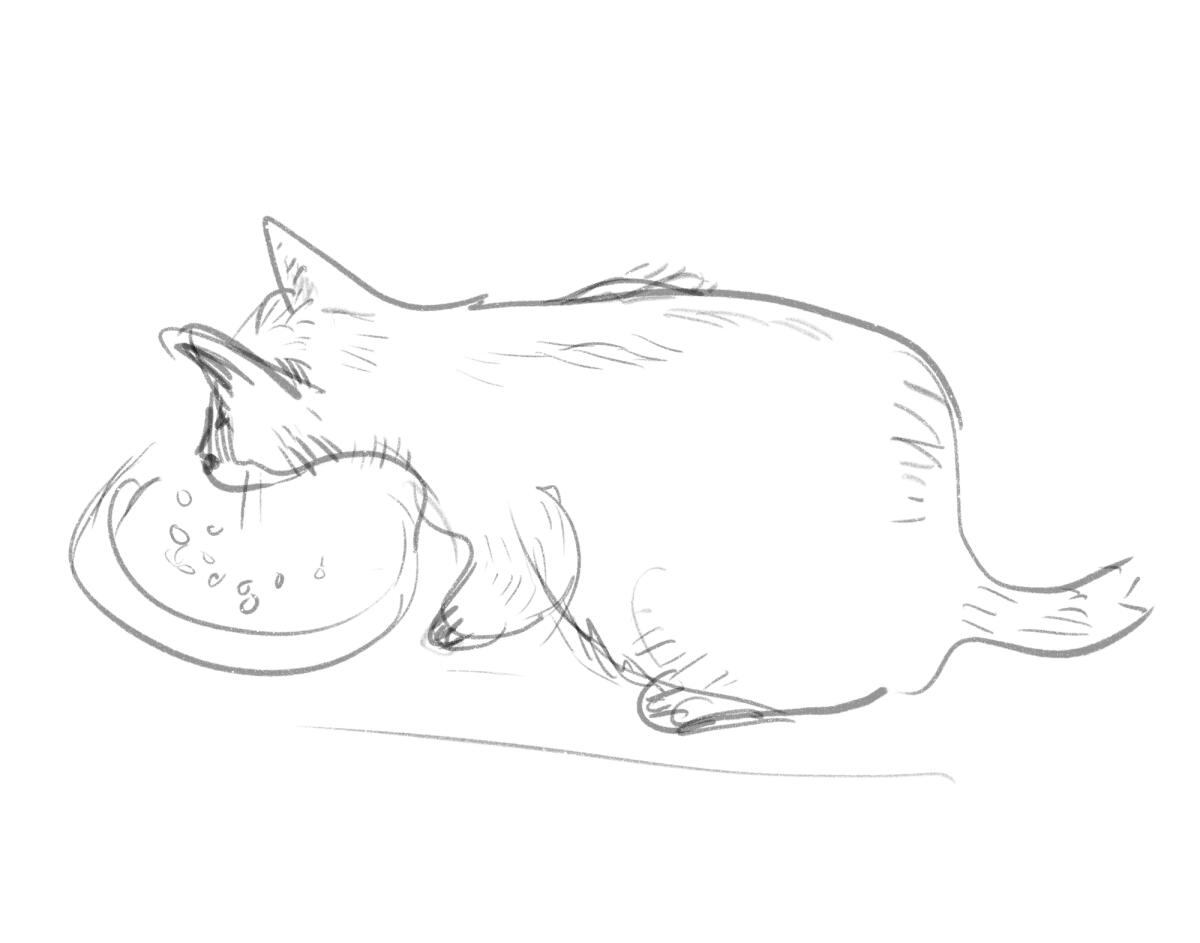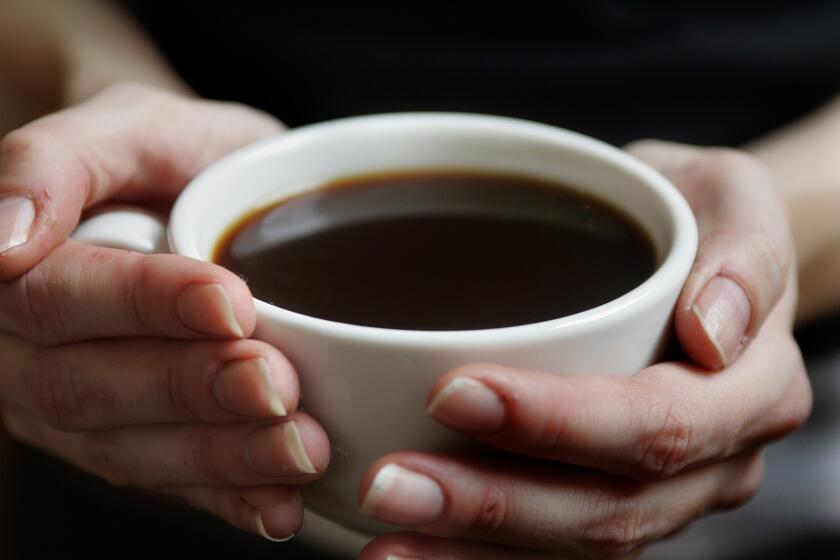Iâm a TV critic ignoring TV news this election week. My âjoyscrollingâ media diet

After someone wondered whether I had ended my election-night media embargo, I realized I had not turned on television news at all this week, even Saturday morning when I learned that the race had been called for Joe Biden. (The result I was hoping for, to be straight, straight off the bat.) The night before, while I made dinner, I had ventured a listen to âPod Save America,â where the hosts, who are veterans of the Obama administration, were already comfortably declaring Biden the winner. The salmon came out beautifully, and the pasta was not overcooked. It was a new day in America, and the kitchen.
As has become a habit, I drew my cat.
But though my self-imposed election media blackout had tentatively lifted by Friday, and totally evaporated by Saturday afternoon, my decision to ignore television news has not â well, really, it would be a decision to watch it. Ignoring it is the baseline. That is possibly not something for a television critic to admit, though it is a sort of television criticism, after all.
On such a day as Saturday I did not want to be cooped up in the airless set of a modern news broadcast, with its spaceship appointments and holographic whatnot, its distracting if sometimes amusing chyrons and pop-up windows, listening to professional opinion-havers and armchair quarterbacks break down what went right or wrong, watching field reporters get between me and the scene they were planted in. Smart people can sound less smart in that rhetorical scrum, while less smart people often run on without question. All the demographic breakdowns I need to see are there waiting in the online, often interactive, press â which also includes the L.A. Times and the New York Times and the Post and New Yorker, the Atlantic and the Economist. Where TV talking heads talk off the top of their heads, published arguments tend to be thought through, ordered and potentially useful to me. (Of course, we have seen baseless opinions make their way into major-league print â which the online community will recognize and flag.) They are there when I want them, for as long as I need them.
My election night without TV news, Twitter or Facebook.
I know that TV news is a happy home for many viewers, and if Anderson Cooperâs is the voice you need to hear now, by all means, go on. Steve Kornacki (whom I have never seen âon televisionâ) would not be in line (I imagine) for People magazineâs Worldâs Sexiest Man (if that is still a thing) if people were not watching MSNBC. They like him around The Times TV virtual water cooler, I can tell you that. And whatâs best on television does make its way to Twitter. I am not in the dark.

Television is a package you have to open on TVâs own time. You need to put up with its cutaways, its commercials. It makes decisions on your behalf. But among what used to be called the new media, you may move fluidly from informational node to node, link to link, quickly or slowly, to find what you want when you want it.
Itâs true, too, that social media can be a toxic swamp, that it has deformed our discourse and helped create a world in which people only hear what they want to hear; that it has accustomed us to the immediate delivery of digital and physical bric-a-brac, and so discourages the patience we need to process the world and act reasonably within it. The internet does make people actually crazy, because it amplifies anxiety as easily as â more readily than, probably â it allays it. Even when the news is good, the constant churning of the online news feeds stokes fears that our side will drop the ball, say the wrong word, make the bad face that will blow the deal, lose the game.
But it is also a comfort and a balm, a meeting hall and a bulletin board and a pep rally, and in the pandemic year it is as close as many of us get to community. It is the front porch of the general store, a place âbig enough to hold just about all of youse,â as Marc Bolan sang of the house in his heart. I can see whoâs out there in my social feeds, in the shared photos and videos of celebration, or just pictures of smiling friends, or their smiling children, or their smiling parents. What I wanted Saturday was all there in the posts and reposts, the expressions of gratitude and the acknowledged contributions. It was Lizzo on a jet ski, rainbows on Instagram. Kamala Harris casting the shadow of Ruby Bridges. It is jokes and japes from professional comedy writers or somebodyâs kid. A photo of my friend Cindy in a giant Tyrannosaurus rex suit, standing on a street corner, holding a handmade âWe (are) the Peopleâ sign. My friend Gerald livestreaming a jazz trio playing on a Chicago porch. These trails run all across the country and over the world. Saturday was for celebration, and âCelebrationâ (Kool & the Gang, 1980). It was âjoyscrolling.â
Sunday was quieter; I spent it largely writing about Dave Chappelle, who hosted âSaturday Night Liveâ the night before, and the passing of Alex Trebek that morning. Things felt both more and no more settled, given Trumpâs unwillingness to concede and his whimsical attempt to recast a fair fight as fixed. (If it was unfair, it was not unfair to him.) Nevertheless, with Twitter flagging his tweets and the networks having showed themselves ready to cut away from his fact-free rants, the president does seem to be fading from consciousness, like a B-movie monster dissolving in a cheap special effect. Some things that might have been alarming a week ago are just funny now. Of course, he has not gone anywhere, and is digging in his feet not to go; but, at least in the short term, itâs all just housekeeping.
We pay tribute to the media figures weâve relied on during a strange, tense week in American politics, from podcasters to local newspaper reporters.
Again, great tracts of the social sphere can be so far from civil that civil isnât even a word they understand there. (The anti-social sphere is more like it, amirite?) But itâs customizable too â you can tweak the incivility out of it. Across the range of voices I follow, and voices that follow the voices I follow, and the voices that I follow follow, there is a healthy degree of debate and correction and elaboration. Hypotheses about how a campaign news conference wound up in front of a landscaping company between a sex shop and a crematorium give way to the real story â based on the reporting of print journalists. But there is also Sooz Kempner giving her comic take on the Four Seasons Total Landscaping, and Natalie Tran hers. I donât get that from CNN.
My social world is made up of musicians, comedians, actors, artists, animators, scientists, historians, writers, random weirdos and people who love animals, the sorts of people we may see again in a White House now literally closed off to the world. Some of them I know, more I simply admire or find funny, or feel like I know, kind of. (I mean, you liked my post.) Legions of perfect strangers are dancing in the streets of Philadelphia and New York, Baltimore and D.C. now â donât forget the Motor City â from Oakland to Sacktown, the Bay Area and back down. Though there may be no joy in Mudville, much else of the world joined in a psychic conga line Saturday, fireworks shooting out of their ears. You didnât need to be out in the streets with them to be out in the streets with them.

More to Read
The complete guide to home viewing
Get Screen Gab for everything about the TV shows and streaming movies everyoneâs talking about.
You may occasionally receive promotional content from the Los Angeles Times.








